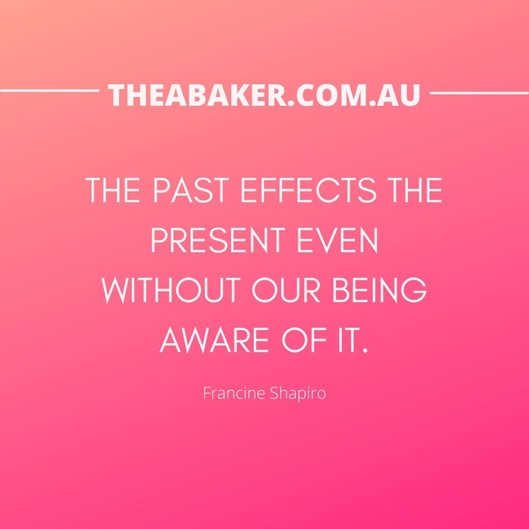What is EMDR therapy (and how does it work)?
What is EMDR therapy (and how does it work)?
EMDR (Eye Movement Desensitization and Reprocessing) is a psychotherapy that enables people to heal from the symptoms and emotional distress that come from difficult or traumatic life experiences or events. Our brain is super adaptive and usually heals from painful events in the same way that our body heals itself from physical traumas and injuries. However sometimes, this amazing processing system gets locked or stuck and so psychologically traumatic events get ‘locked’ into our nervous system. When this happens, it can feel as if we were going through the trauma for the first time, with images, feelings and sensations all being vivid and disturbing.
How EMDR works:
During EMDR therapy we work with clients to identify a specific issue that is causing distress. We ask clients to call to mind a stand-out painful part of the memory, noticing what images, thoughts, beliefs, feelings and sensations that come up. We then get you to move your eyes quickly from right to left / listen to sounds in headphones that alternate right and left / hold little ‘buzzies’ that vibrate right and left. This is called ‘bilateral stimulation’ as we are stimulating both the right- and left-hand sides. This process is repeated in many sets throughout the session with brief pauses in between.
We believe that this taxes what is called our working memory and it allows the distressing memories to move from our short to long term memory. It also ‘unsticks’ the natural healing process of the brain and people usually report:
- The memory becomes more distant
- Emotional distress lowers
- More helpful beliefs can emerge
Whilst after EMDR the difficult event can still be recalled, it doesn’t feel as distressing as it once was, and as a result problematic symptoms like flashbacks reduce or stop entirely. Alongside this, post-EMDR people find they are able to hold more positive beliefs about themselves, other people, and the world around them which also helps shift messy emotions like shame, guilt, mistrust, anger and fear. Healing and recovery happen at a very much deeper level than during more traditional talk therapies.
Other EMDR considerations:
- Because EMDR gets to the core of the issue and changes the way that the brain has processed the memory, once the issues has been fully resolved it is unlikely to re-emerge in the future.
- EMDR is one of the most well researched trauma models, with approximately 30 randomised controlled studies that confirm it is an effective treatment for PTSD.
- Unlike other forms of trauma therapy, EMDR doesn’t require clients to repeatedly recall or describe all the specific details of traumatic events.
- Because EMDR facilities processing in a rapid and contained manner, it reduces the risk of clients becoming re-traumatised or emotionally flooded during therapy.
- The World Health Organisation (WHO) endorses EMDR for PTSD.
- EMDR isn’t just for the treatment of PTSD and can be used for a range of other conditions like anxiety, depression, pain, phobias, complex grief, addictions and childhood or attachment wounds.
- The number of sessions people need vary depending on the nature of what we’re processing. Sometimes traumas can be resolved in a handful of session, whilst other complex traumas can need many more sessions, often in conjunction with other psychotherapies.
A range of recent articles exploring EMDR:
Prince Harry and EMDR: https://www.emdria.org/emdr-in-the-news/prince-harry-speaks-out-about-his-experience-with-emdr-therapy/
Sandra Bullock and EMDR: https://www.emdria.org/emdr-in-the-news/sandra-bullock-speaks-out-about-her-experience-with-emdr-therapy/
Mel B and EMDR: https://www.theguardian.com/lifeandstyle/2018/sep/10/mel-b-is-watching-flashing-lights-to-help-with-trauma-but-does-emdr-therapy-really-work
ABC: https://www.abc.net.au/news/2020-02-18/trauma-research-survivors-of-sexual-assault-metoo/11970868
If you are curious about trauma, we have a team of therapists at Thea Baker Wellbeing and we have IMMEDIATE availability – please reach out to us at: hello@theabaker.com.au / 03 9077 8194.


